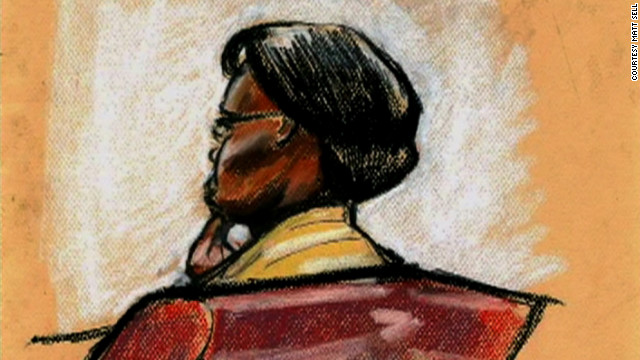By Heba Girgis
Impunity Watch Reporter, Africa
KHARTOUM, Sudan—The United Nations today expressed its deep concern over the latest deadly tribal violence in the country’s Darfur region.

According to the United Nations, more than 100 people have been killed and another 100,000 have been displaced from their homes because of the recent tribal warfare in Darfur. Residents said that the attackers wore uniforms and belonged to a militia of the Rezeigat tribe.
“They came in Land Cruisers, used Dushkas and they burned 30 houses, killing 53 people,” said a resident of El-Sireaf town, to which most of the 100,000 people displaced or severely affected by the earlier tribal fighting had fled.
Amnesty International said, “These events come as the government is attempting to exert greater control over licensing and export of gold, in a context of fiscal crisis, depleted foreign exchange reserves and widespread gold smuggling.”
The renewed fighting between two Arab tribes over mining rights left 60 people dead in the northern Darfur region. The country’s state news agency said that the fighting was the worst it has been since a cease-fire agreement was reached just last month. The agency noted that the fighting began when a group of armed tribesmen in vehicles and others riding camels attacked the El-Sireaf area of North Darfur.
The country’s western region of Darfur has been afflicted by tribal violence for almost 10 years now, since 2003, when rebels took up arms against the central government in the capital of Khartoum. Violence and fighting periodically erupt between tribes in that region.
The United Nation-African Union Mission in the region noted in a report last months that the deaths and displacement resulted from clashes between two tribes—Abbala and Beni Hussein. These clashes took placed in Jabel Amir, the site of several gold mines in the North Darfur state.
Governor Kbir said that security forces will “intervene strongly” to ensure peace between the two tribes. He further commented, saying that, “the government will review the humanitarian situation so as to let the NGOs do their job of delivering aid to affected people.”
The United Nations said that about 1.4 million people were already living in camps for the displaced before this most recent violent attack.
The International Criminal Court has issued arrest warrants for the Sudanese President Omar Hassan al-Bashir for charges of masterminding war crimes in Darfur.
For further information, please see:
Global Post – UN Deeply Concerned by Darfur Tribal Fighting – 24 February 2013
Reuters – Fighting in Sudan’s Darfur Region Kills 51 – 24 February 2013
The Washington Post – Renewed Tribal Fighting Over Mining Rights – 24 February 2013
Al Arabiya – Arab Militia Kills 50 in Sudan’s Darfur – 23 February 2013



